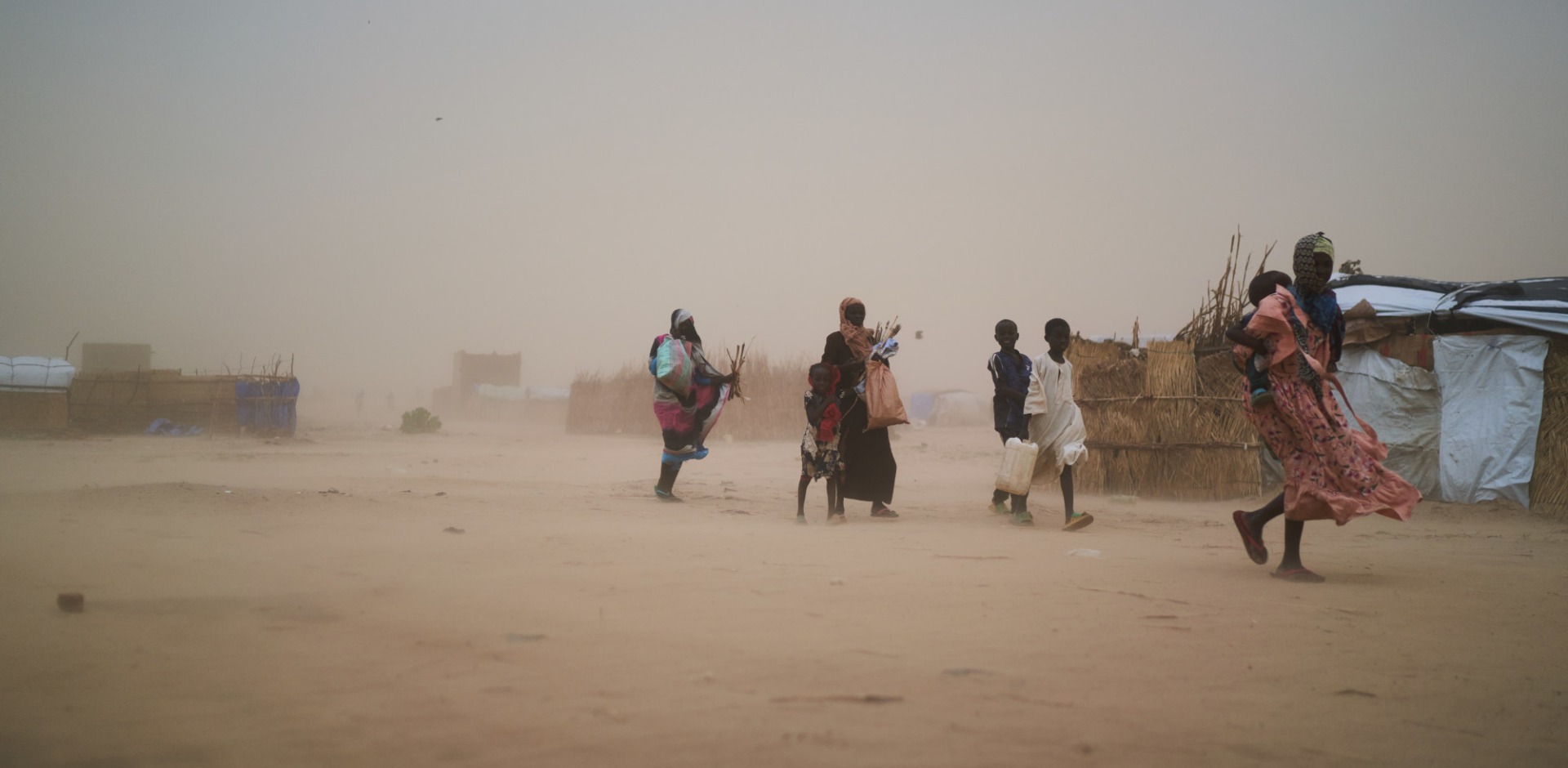
FAMINE IN SUDAN
Action Against Hunger expresses its deep concern at the findings of the latest Integrated Food Security Phase Classification (IPC) analysis, which confirmed the existence of famine (Phase 5) in the towns of El Fasher and Kadugli, and warned of the imminent risk of famine in 20 additional areas of Sudan. This is the second time in less than a year that the IPC’s Famine Review Committee (FRC) has confirmed famine in parts of Sudan.
According to the report, more than 21 million people face critical levels of food insecurity, and at least 375,000 are in catastrophic conditions, facing extreme hunger, acute malnutrition, and death. The situation is particularly dire in the regions of Darfur and Kordofan, where armed conflict, mass displacement, and restrictions on humanitarian access have collapsed food and health systems.
Action Against Hunger’s director in Sudan, Samy Guessabi, said, “Sudan is experiencing a silent famine that threatens to become a total catastrophe. El Fasher and Kadugli are under siege, with no access to food, water, or medical care. Families are eating boiled leaves, peanut shells, and animal feed. This situation is intolerable.”
“The international community cannot look the other way. We need an immediate ceasefire, unrestricted humanitarian access, and urgent mobilisation of funds to save lives. Every day that passes without action is a death sentence for thousands of people,” added Guessabi.
The conflict in Sudan has forced millions of people to flee their homes, destroyed essential infrastructure — including 80% of health facilities — and severely restricted humanitarian access. Although 2.6 million people have returned to their homes, more than 9.6 million remain displaced. At the same time, the food crisis is exacerbated by sustained price increases, crop losses, and economic collapse, leaving many families unable to access basic foodstuffs.
The latest data reveals that more than 60% of the localities assessed have acute global malnutrition rates above 15%, with some areas of Darfur exceeding the 30% threshold, considered an indicator of famine. The lack of data in areas such as Dilling, Al Sunut, and Habila prevents accurate classification, but it is feared that conditions are also critical.
Action Against Hunger urgently calls on donors, international organizations, and political actors to prioritise Sudan on the global humanitarian agenda. Only a coordinated, sustained response focused on the most affected communities can prevent an even greater tragedy.
Action Against Hunger provides humanitarian assistance in Sudan, with focused efforts on food security, nutrition, health, water, and sanitation. We are responding to famine and acute malnutrition through food distribution programs, livelihood support, cash transfers, and the strengthening of local systems like community kitchens and mutual aid groups. We also promote protection, humanitarian access, and civil rights advocacy.
Spokesperson available upon request.
Join our community of supporters passionate about ending world hunger.